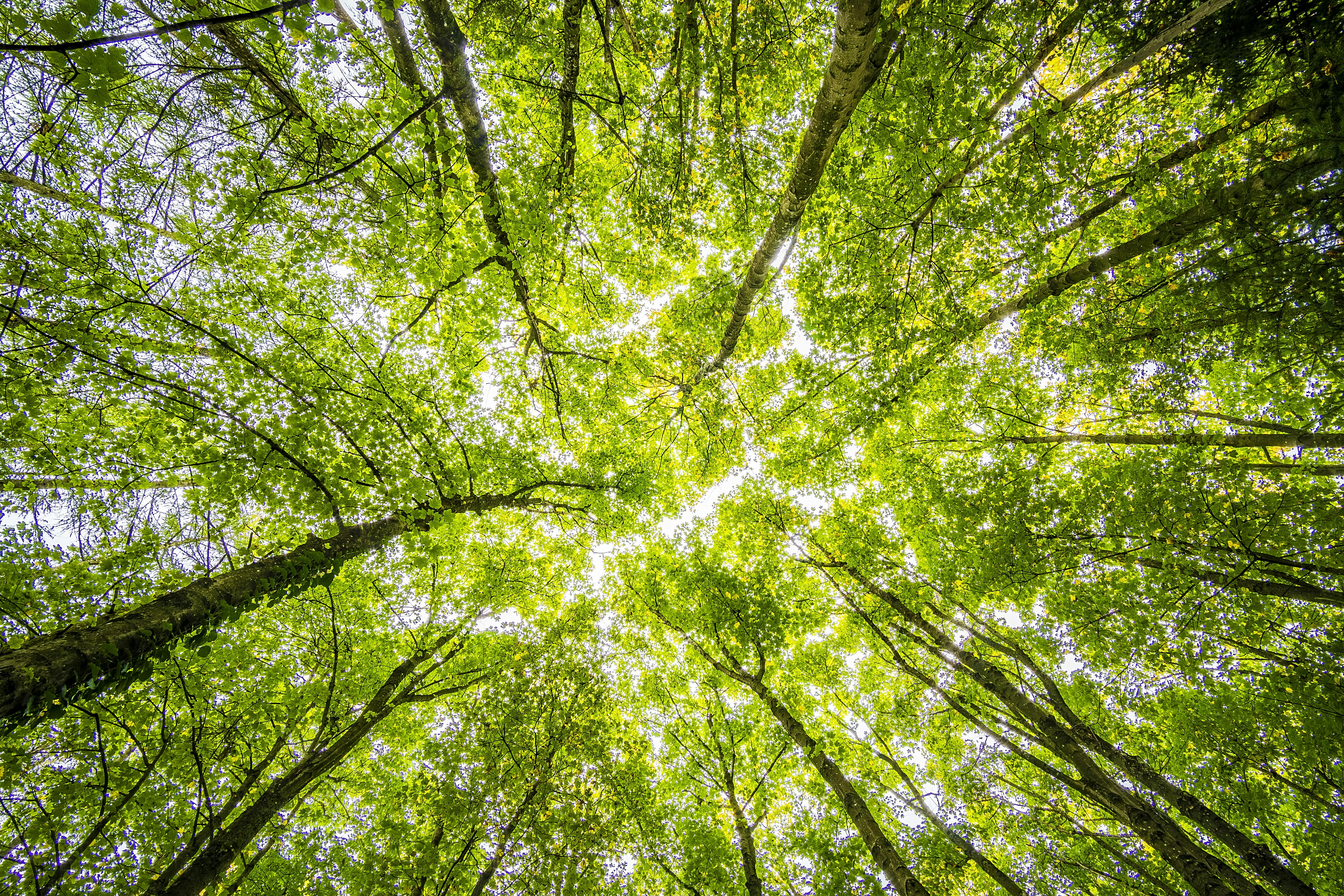The idea portrayed by headlines like the one below (from an earlier Wall Street Journal article*) - that carbon credits won't cut emissions - just serves to undermine the positive efforts that carbon credit programs are capable of doing.
It is true that the tax is small and voluntary like carbon credits, is not likely to have any significant effect on the actions of major emitters, especially when compared to the income generated from the production of fossil fuels and emitting carbon. It's likely that affordable renewable energy sources will eventually have a greater impact on reducing our dependence on fossil fuels than taxation.

Today's emissions pose a problem. However, carbon credits are crucial. We need to move beyond the income Statement to focus on the Balance Sheet. It is time to focus on our Long Term Carbon Debit.
If Planet Earth had to maintain the Balancesheet, we listed in our Asset columns, we would be listed with our essential needs , such as physical security, food security and water availability. In our Long Team debt entries , we were able to see the amount of greenhouse gas that we have accumulated, the extreme amount of soil organic matter depletion of our farms and the staggering amounts of degradation to our most efficient carbon storage zones the mangroves along our coast rapidly be apparent that our current situation has nothing to do with the emissions of a single season.
It is because of this that I believe that any story that mentions carbon offsets or emission reductions is misleading. The problems we are encountering with regard to climate change is not just the result of carbon emissions, but also the result of decades (centuries). Poor farming practices, widespread mangrove destruction, deforestation and pollution are just one of the many errors that lead to climate change.
What is the extent of the extent of the damage? Around 50 to 65% worldwide's mangrove forests are gone, or significantly damaged. Numerous farms across the globe have lost as much as 80% of their soil organic matter up to the point that food security is in danger.
This is the reason we need to shift our thinking from the "triple-bottom line" to the interest that is accrued on the balance sheets. Instead of being a tax on our emissions now, think of carbon credits as an adjustment item on the balance sheet. Credit (carbon) which can be used to lower the cost of (carbon] debt.
How can we cut the amount of debt?
These are simple answers. Here's one illustration. CarbonNation BLUE is a CarbonNation fund. The fund's focus is one simple, but very effective goal that is to help restore and protect mangroves. These mangrove forests need significant funds to be able to grow. For example the 15,000-hectare mangrove that needs to be replanted would require between USD2,500 and US4,500 per hectare. Additionally, it will require three years of meticulous cultivation by local communities.
Additionally, it is necessary to provide more efficient algae-based fisheries for the nearby area to ensure that any phosphorus or nitrogen wastes can be eliminated and the quality of the produce can be enhanced.
At the end of this time as the forest matures and algae plants are brought online, carbon credits are created, which can be used to pay back the principal as well as a return on investment to investors, as well as the community. They are the primary beneficiaries of the first stage of investment. What is the upside to these benefits to the financial? An increase in mangrove cover can result in a higher quantity of fish. This is because mangroves Click to find out more guard fish from predators. This is among the major source of revenue for many coastal communities.
A higher density of mangroves will provide better protection against erosion at the coastline and increasing sea levels. Mangroves can store carbon fifty times that of forests with low density, as most people know. Although the machines that extract carbon from the atmosphere and store it underground look modern Mangroves have been doing the exact since the beginning of time. Mangroves also supply food to us for the same time.
The Fund has received significant contributions and partnerships to support its work. Partners are encouraged to contact us.
This article is thoroughly researched and written. The problem I have with it is its negative headline. This is based upon the text in the article, and suggests it was added or modified by an editor.